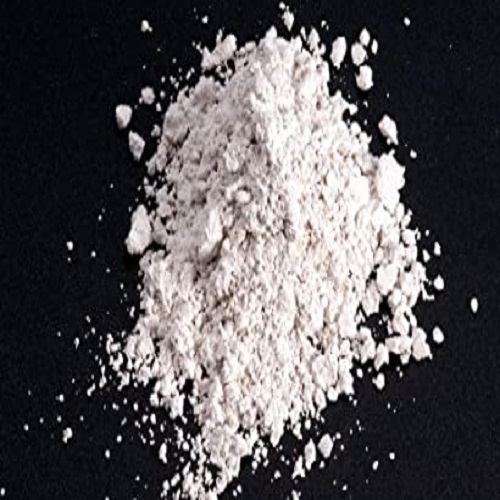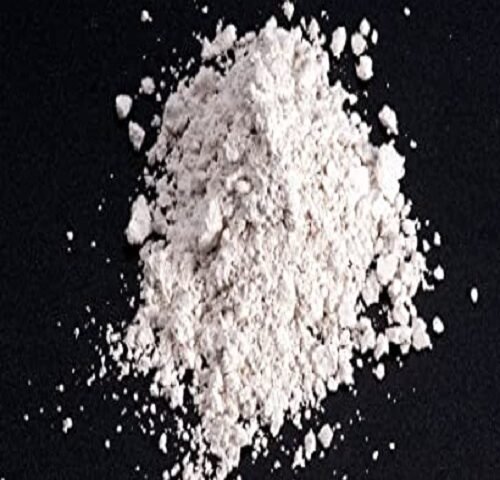Activated Calcium Carbonate – Quality, Consistent and Affordable

Mewar Micons: The prominent Talc Powder Manufacturer
August 10, 2022
The Right Choice for Dolomite Powder: Mewar Microns
August 13, 2022
Introduction to activated calcium carbonate
Coating or treating the precipitated calcium carbonate slurry with fatty acids (stearic acid) and a titaniumate coupling agent results in activated calcium carbonate. producing ACC Powder by filtering and drying the coated PCC slurry Temperature, reactant concentration, and time all affect particle size as well as crystal shape. For smooth extrusion, higher surface finish, gloss, tensile strength, elongation, and increase of impact strength, ACC is widely employed as a filler in rigid and plasticized PVC.
What is the process for manufacturing activated calcium carbonate?
What are the different kinds of calcium carbonate?
Industry mines three different kinds of calcium carbonate-containing rocks. They are dolomite, chalk, and limestone. Dolomite is a compound of calcium and magnesium carbonates, while limestone and chalk are both calcium carbonate minerals. All rocks include impurities like clay, however some are more pure than 97%. In the building sector and in many other applications, limestone and products made from it are widely used to neutralize acidic substances.
What are the properties of activated calcium carbonate?
Powdered calcium carbonate is fluffy. When heated to 1200K, it breaks down into carbon dioxide. When it interacts with diluted acid, carbon dioxide is released as a byproduct. Calcium carbonate breaks down into calcium oxide and carbon dioxide at a temperature of 1200 K. Calcium carbonate reacts with weak acids to form carbon dioxide. CaCO3 has a molecular weight of 100.0869 grams per mole. Calcium carbonate has a molecular weight of 100.0869 g/mol.
What industries use activated calcium carbonate?
Globally, the amounts of lime utilized in various industries are as follows:
Where is activated calcium carbonate used?
Pharmaceuticals, the rubber sector, soaps, paints, printing ink, sealants, and mastics are only a few examples of the applications.
Why choose us?
The activated calcium carbonate slurry is surface-coated with fatty acids (stearic acid) and a titnate coupling agent to produce activated calcium carbonate. The coated ACC slurry is then filtered and dried to produce acc powder. Temperature, reactant concentration, and other process variables all have a precise influence over particle size and crystal structure. Features of activated calcium carbonate products include their excellent efficacy, exact formulation, and proper composition. Pharmaceuticals, the rubber sector, soaps, paints, printing ink, sealants, and mastics are only a few examples of the applications. Packaging: ACC is contained in inner/liner 25/50/1000 kg HDPE bags. Get in touch with us for further details.
Conclusion:
We have been producing excellent-quality activated calcium carbonate for many years. We take pride in producing goods of the highest caliber at reasonable prices. We are supplying the industry with a reliable and cost-effective source of activated calcium carbonate.

